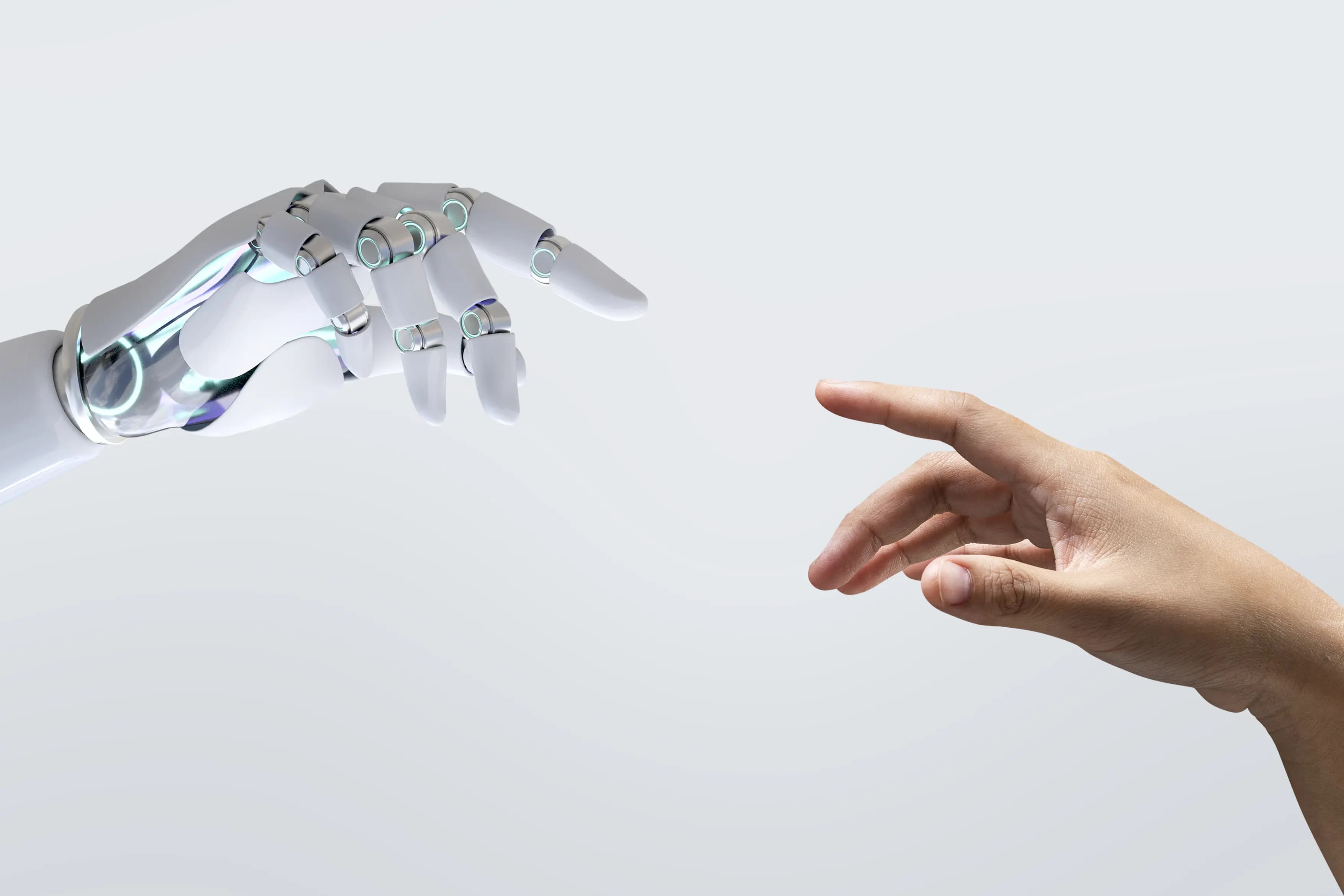Artificial Intelligence (AI) is no longer a futuristic concept — it’s changing the way we work, learn, create, and live. From chatbots and autonomous vehicles to predictive analytics and AI-generated art, the technology is advancing at an unprecedented pace. But with its rise come questions about ethics, jobs, and human creativity.
How AI Is Shaping Industries
1. Business & Automation
- AI is revolutionizing industries by automating repetitive tasks, optimizing workflows, and improving decision-making.
- According to McKinsey, AI could add $13 trillion to the global economy by 2030.
- Businesses use AI for customer service, predictive maintenance, fraud detection, and supply chain optimization.
2. Healthcare
- AI assists in diagnostics, drug discovery, and personalized treatment plans.
- A 2023 study in Nature Medicine found that AI models can detect certain cancers with accuracy comparable to human radiologists.
- AI-driven wearable devices monitor patient vitals in real time, improving preventive care.
3. Education & Learning
- AI-powered tutoring platforms provide personalized learning experiences.
- Adaptive systems can track student progress, suggest resources, and predict learning gaps.
- UNESCO reports that AI tools could help bridge learning disparities globally, especially in remote areas.
4. Creative Industries
- AI-generated art, music, and writing are expanding creative possibilities.
- Tools like DALL·E, ChatGPT, and music composition software allow artists to experiment and collaborate with machines.
Benefits of AI
- Efficiency & Productivity: AI can perform tasks faster and more accurately than humans.
- Innovation Acceleration: Research, design, and creative processes are speeding up.
- Data-Driven Decisions: AI analyzes large datasets to provide actionable insights in real time.
Challenges & Concerns
1. Job Displacement
- McKinsey estimates that up to 375 million workers may need to switch occupational categories by 2030 due to automation.
2. Ethics & Bias
- AI systems can inherit human biases from data, leading to unfair outcomes.
- High-profile incidents show AI misclassifying or reinforcing social biases in hiring, law enforcement, and lending.
3. Regulation & Safety
- Governments are scrambling to create policies for AI use, accountability, and transparency.
- Experts warn about the risks of advanced AI systems without proper oversight.
The Future of AI
- AI will continue to augment human capabilities rather than replace them entirely.
- Generative AI is expected to reshape content creation, marketing, and entertainment.
- AI governance frameworks are being developed globally to ensure ethical deployment.
- Human-AI collaboration may lead to new job types, skills, and industries.
Do you believe AI will help humanity thrive, or are we heading toward unintended risks and job displacement?
